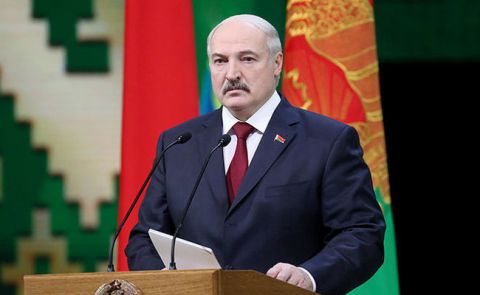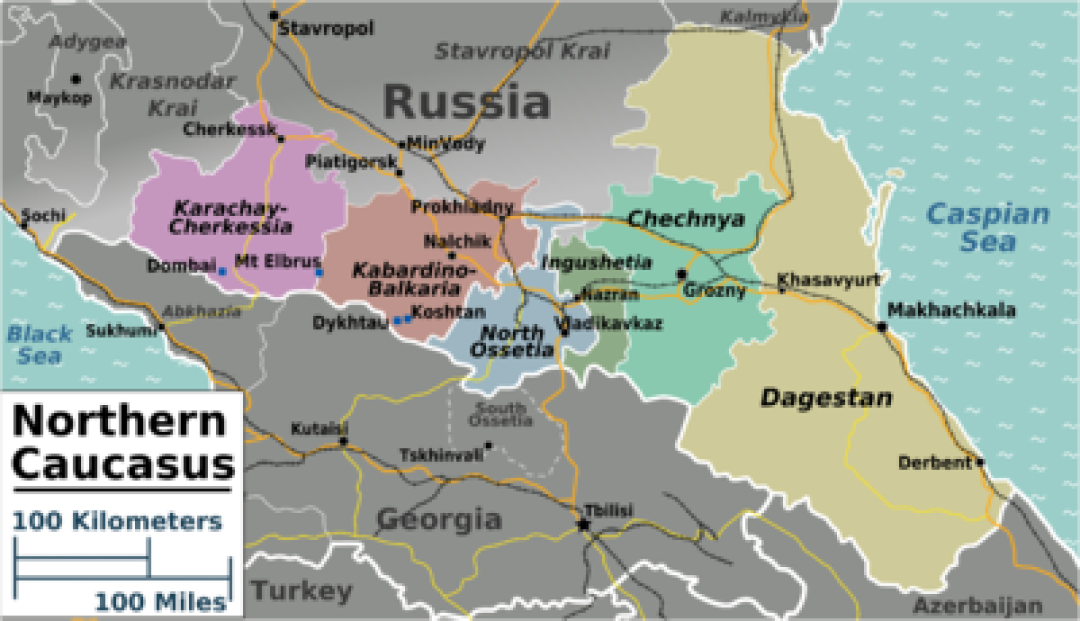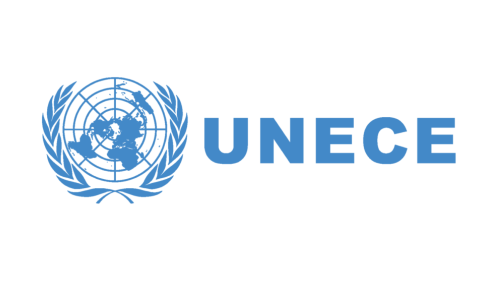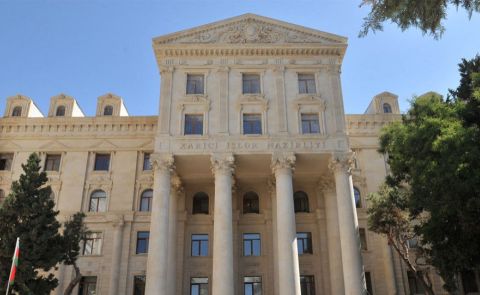
Recent social research data regarding North Caucasus

Annual inflation in Chechnya and Dagestan doubled in a month
The annual inflation rate in Dagestan doubled in March and amounted to 20.3% - a month earlier the rate was 10.9%. This follows from the published data of the Southern GU of the Bank of Russia.
On average, annual inflation in the North Caucasus Federal District was 17.6%, which is slightly higher than in the whole country (16.6%).
The growth rate of prices for food products in the republic accelerated to 24.5% from 13.5% in February, the report of the Main Directorate of the Bank of Russia for the region said.
In Chechnya, annual inflation also doubled in March and amounted to 16.4%, up from 8.3% in February. The rate of increase in the cost of food products in the republic increased from 12.2% in February to 22.5% in March. One of the main reasons for the sharp increase in indicators is the depletion of stocks of locally produced vegetables associated with delays in import deliveries.
At the same time, after the next sanctions imposed against Russia due to the military invasion of Ukraine, the head of Chechnya, Ramzan Kadyrov, demanded that the inhabitants of the republic "sow vegetable gardens with everything that can be eaten." According to him, this is "only the beginning" and "it is not known what the sanctions will lead to."
Dagestan ranks last in the country in terms of improving the quality of the environment
At the end of 2021, the improvement in the quality of the environment in Dagestan turned out to be the worst in the country and amounted to only 47%, the Ministry of Natural Resources stated.
Improving the quality of the environment determines the effectiveness of work to improve the environmental situation in the region. It is calculated on the basis of air pollution, water pollution, waste management and conservation of forest potential.
North Ossetia is ranked as the sixth worst (the indicator is estimated at 80%). Slightly higher than the average Russian (102%) indicator of improvement in the quality of the environment in Kabardino-Balkaria (103%), Kalmykia (105%) and the Volgograd region (107%).
At the same time, in Ingushetia, according to the Ministry of Natural Resources, the quality of the environment increased by 202%, which is second in the country after Udmurtia. Also in the top 10 of the indicator were the Rostov Region (166%), Karachay-Cherkessia (151%) and the Krasnodar Territory (147%).
Ingushetia, Kalmykia, and Dagestan among regions with threat to food security
The Institute for the Development of Entrepreneurship and Economics identified regions with a threat to their food security. In the study "Development of the food market in a crisis," the authors listed the risks that may arise in the food market due to geopolitical crisis. Ingushetia and Dagestan, according to the study, are regions with "low economic accessibility", and Kalmykia - with low quality food.
In Dagestan, the main challenge will be a sharp rise in food prices. In January-February, products in the republic rose in price by 27.7%, and by 25.3% in Ingushetia over the same months. In Kalmykia, according to the authors of the study, another problem is low wages, which lead to malnutrition.
According to the Food Price Index of the FAO (Food and Agriculture Organization of the United Nations), food prices in Russia increased by 28.2% in 2021 compared to 3.1% in 2020. As of March 11, this year, food inflation accelerated to 13.54%, the study says.
Regions of the Caucasus have become outsiders in the rating in terms of the share of overdue loans
The regions of the North Caucasus have become outliers in the rating among the constituent entities of the Russian Federation in terms of the share of overdue loans. The last three in the rating are Karachay-Cherkessia, North Ossetia, and Ingushetia.
In Ingushetia, 8.86 percent of the population do not pay their loans on time. This is almost three times the national average. At the same time, the total amount of debt per thousand economically active residents in Ingushetia is the lowest with 433 Euros. In North Ossetia, the amount of debt is higher with 130 Euros on average.
Slightly higher in the list, according to the RIA "Rating" document, are Adygea, the Stavropol Territory and Chechnya. The best situation with the repayment of loans among the southern regions is in Kalmykia, which is in 40th place out of 85.
Kalmykia and Volgograd turned out to be outliers in the rating for the availability of clean water
Several southern regions at once found themselves at the bottom of the Russian rating in terms of the number of residents provided with high-quality drinking water from the central water supply. Such data at the beginning of 2022 was provided by Rospotrebnadzor.
At the very end of the list was Kalmykia, where only 7.5% of the inhabitants were provided with high-quality drinking water. Next was the Volgograd region (fifth last, 55%) and Karachay-Cherkessia (13th place, 67%). Three ranks below Dagestan, where, according to official figures, 72% of the inhabitants are provided with drinking water. The situation is slightly better in Ingushetia (72%) and Chechnya (73%) as well as the Astrakhan and Rostov regions (77% each).
The best rate for the provision of high-quality drinking water in the country, according to Rospotrebnadzor, is in North Ossetia (99.4%), the top 15 also includes Stavropol (95%) and the Krasnodar (94%) regions.
Poor access to quality water remains one of the key communal problems in Dagestan and regularly leads to mass poisoning. This was stated by the head of the republic, Sergei Melikov, speaking in the Federation Council in March 2021. Among the key problems of the region, he named difficulties with water supply and electricity, the almost complete deterioration of utility networks, an acute shortage of healthcare facilities, and the issue of preserving historical heritage.
See Also


Armenia and UNECE Explore Expansion of Environmental and Economic Collaboration

Barrot’s Visit to Yerevan: New Declaration, Military Cooperation, Investment Projects

Fico’s Visit to Yerevan: EU Observation Mission, Support for Armenia-Azerbaijan Peace, Collaboration in Nuclear Energy Sector

Aykhan Hajizada Criticizes Nikol Pashinyan’s Statements at Yerevan Dialogue

